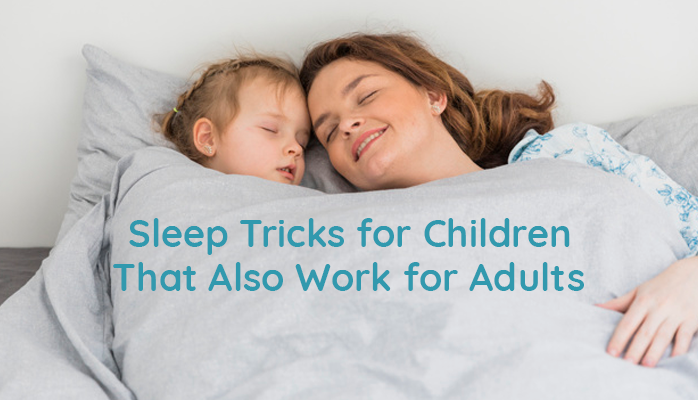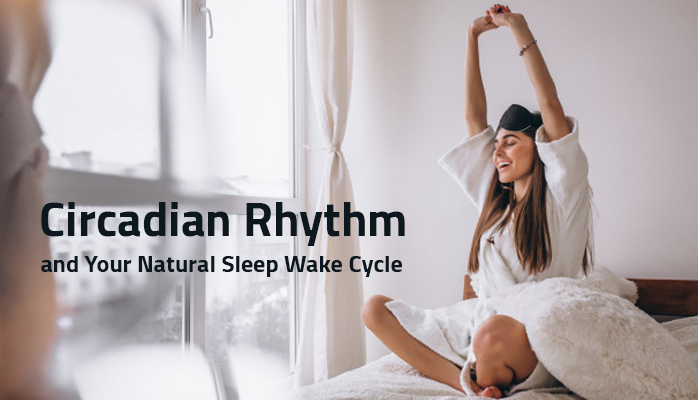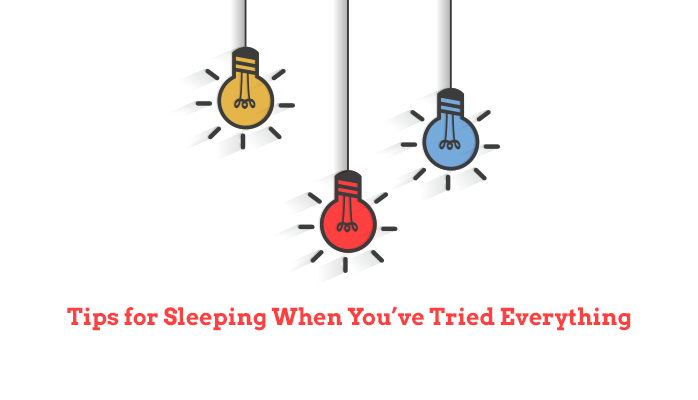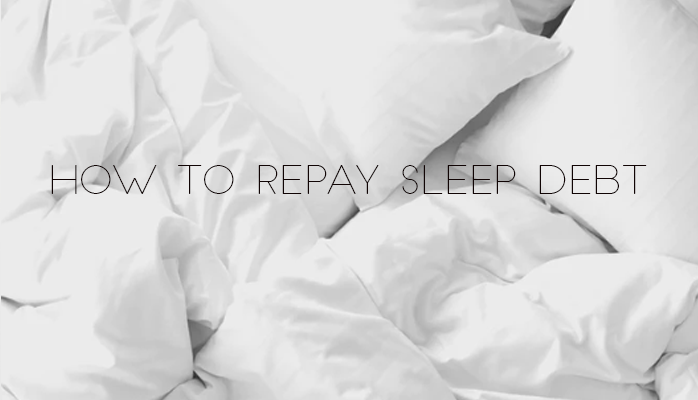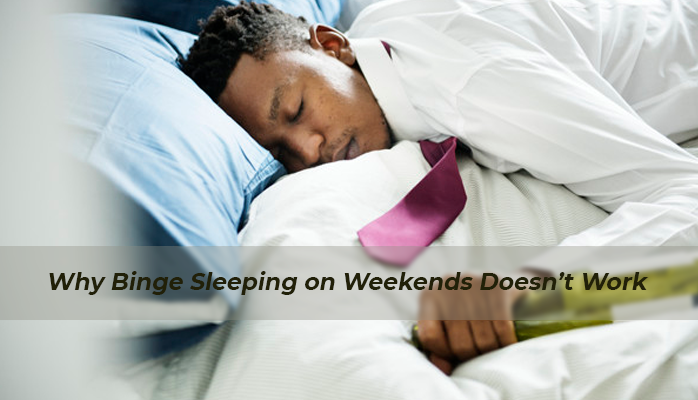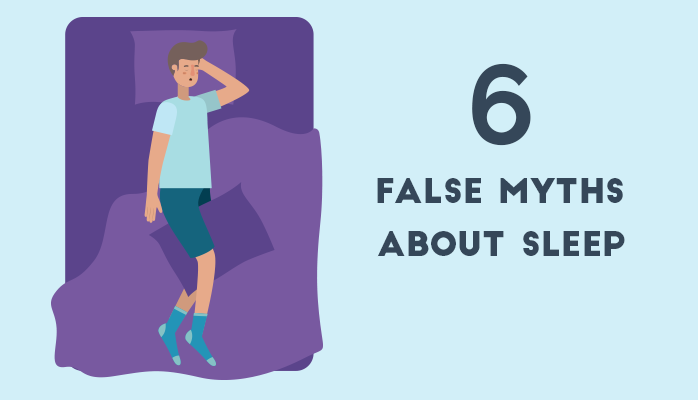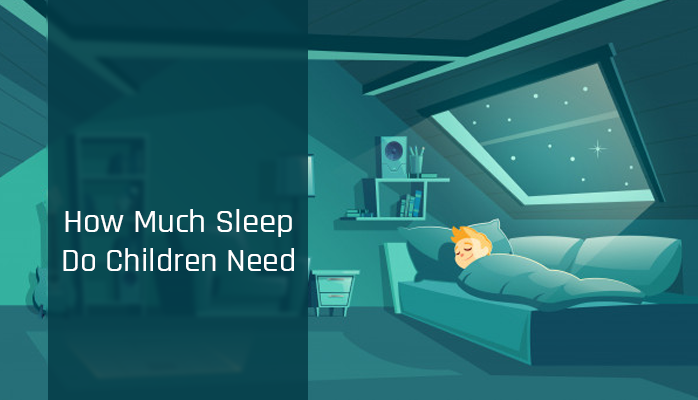Teaching children how to sleep is well-documented. But can these same tricks work for adults? Websites that discuss sleep training for children are excellent resources for adults too. Not every trick will work, but many of the strategies are applicable to adults who struggle with sleep deprivation or falling asleep.
It might feel silly to use childish methods to establish good sleeping habits, but improved sleep can improve functioning:
- Physically
- Mentally
- Academically
- Socially
Here are 4 tricks we use on many children that also work on adults.

